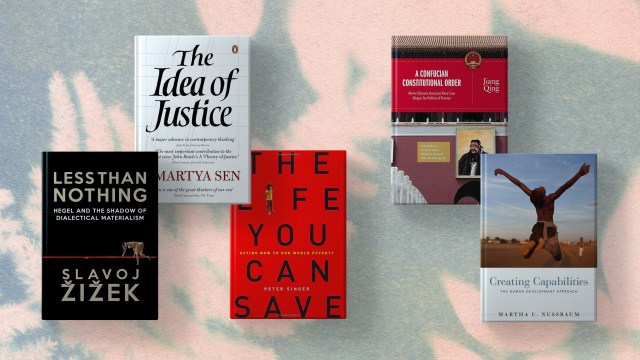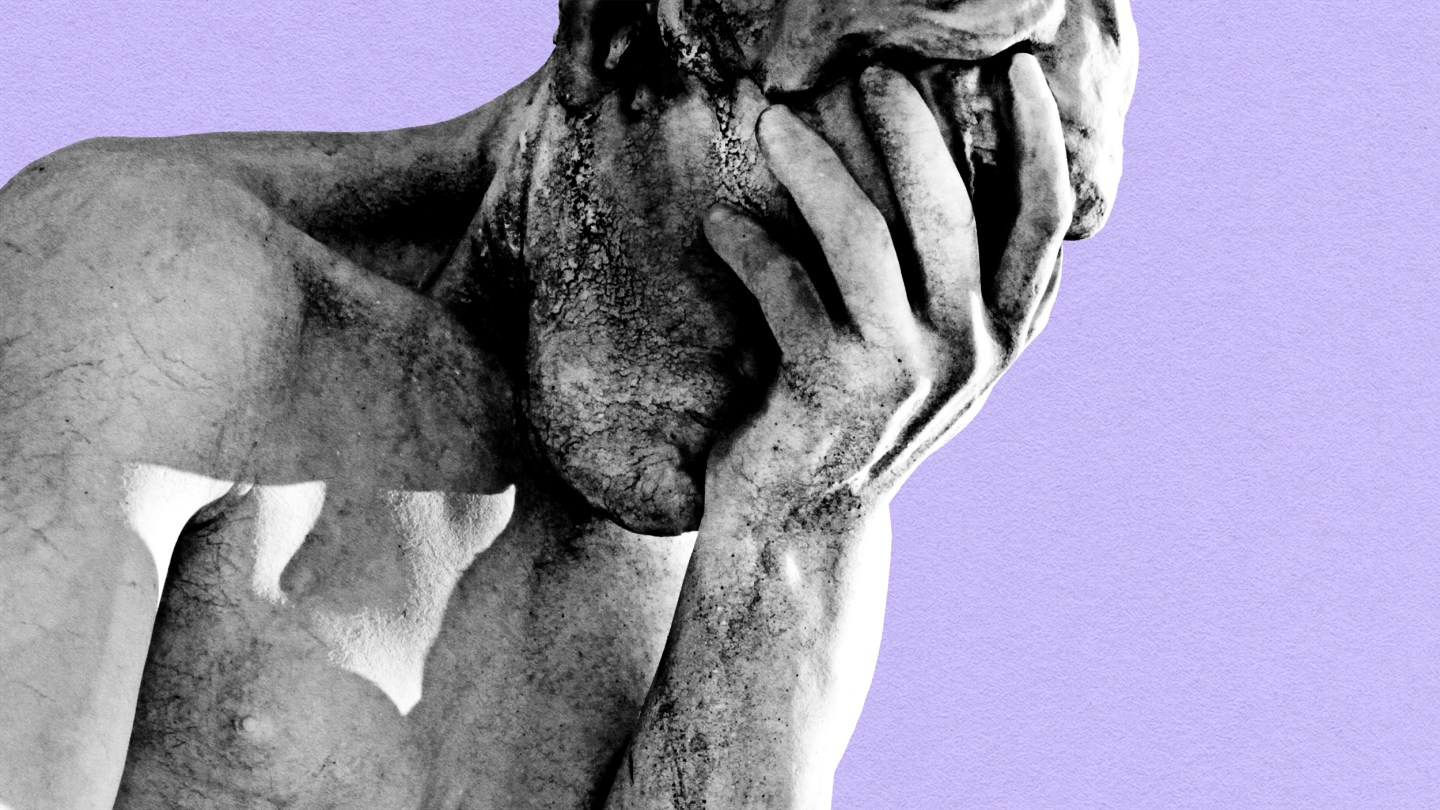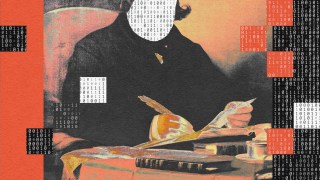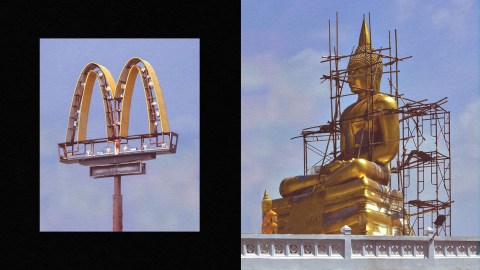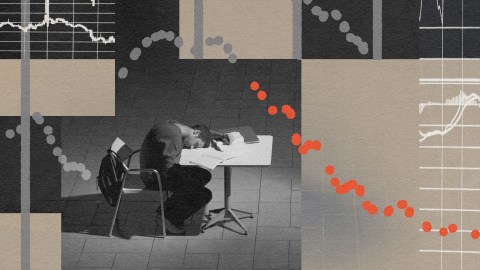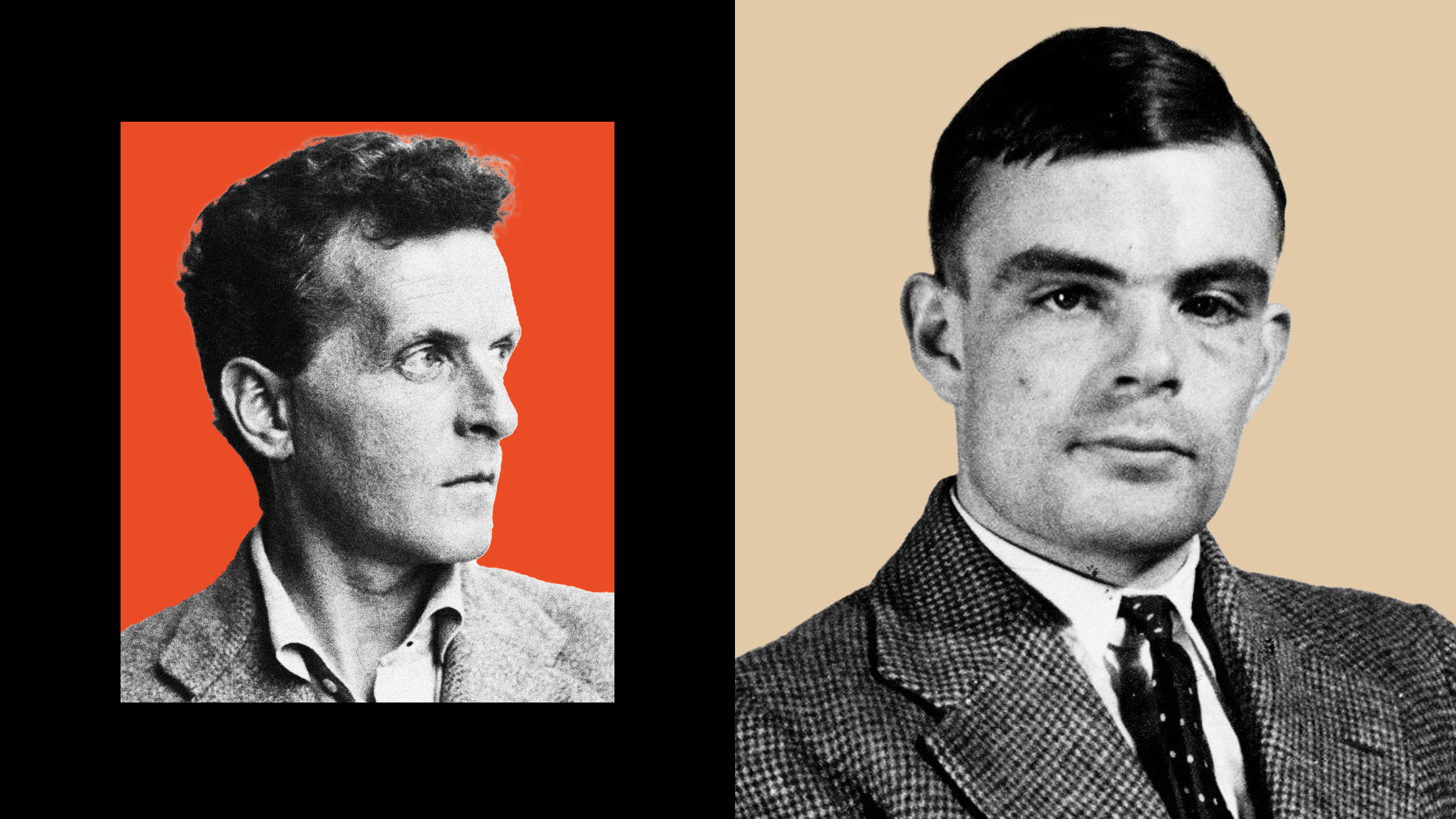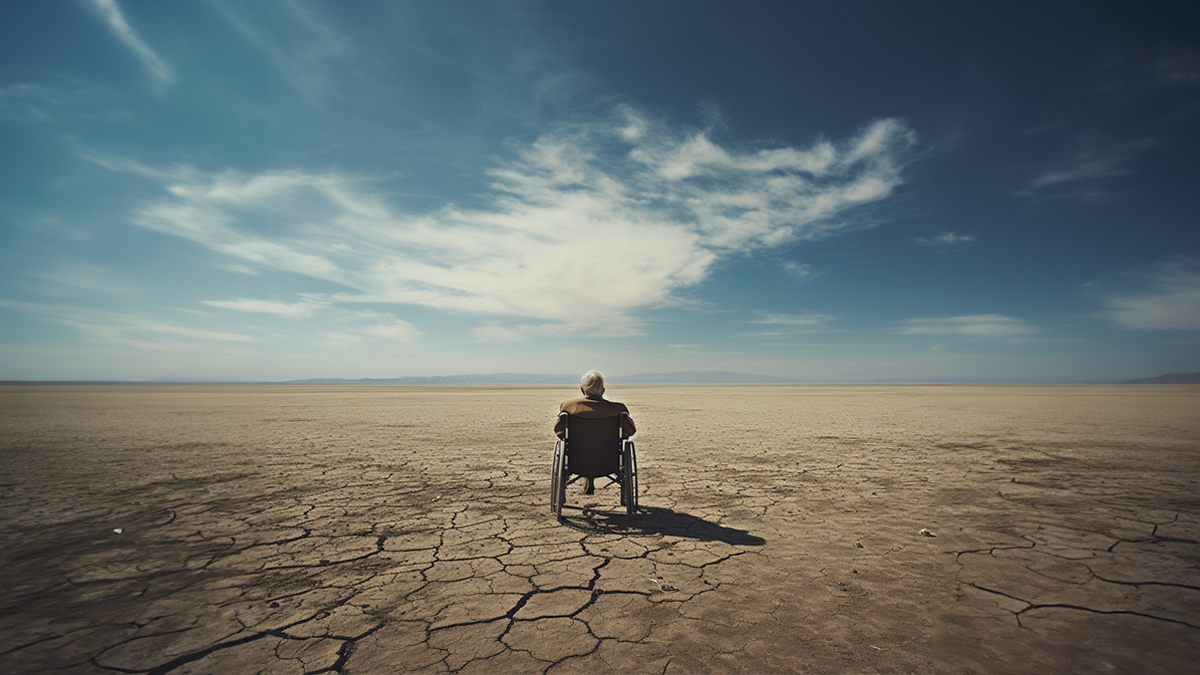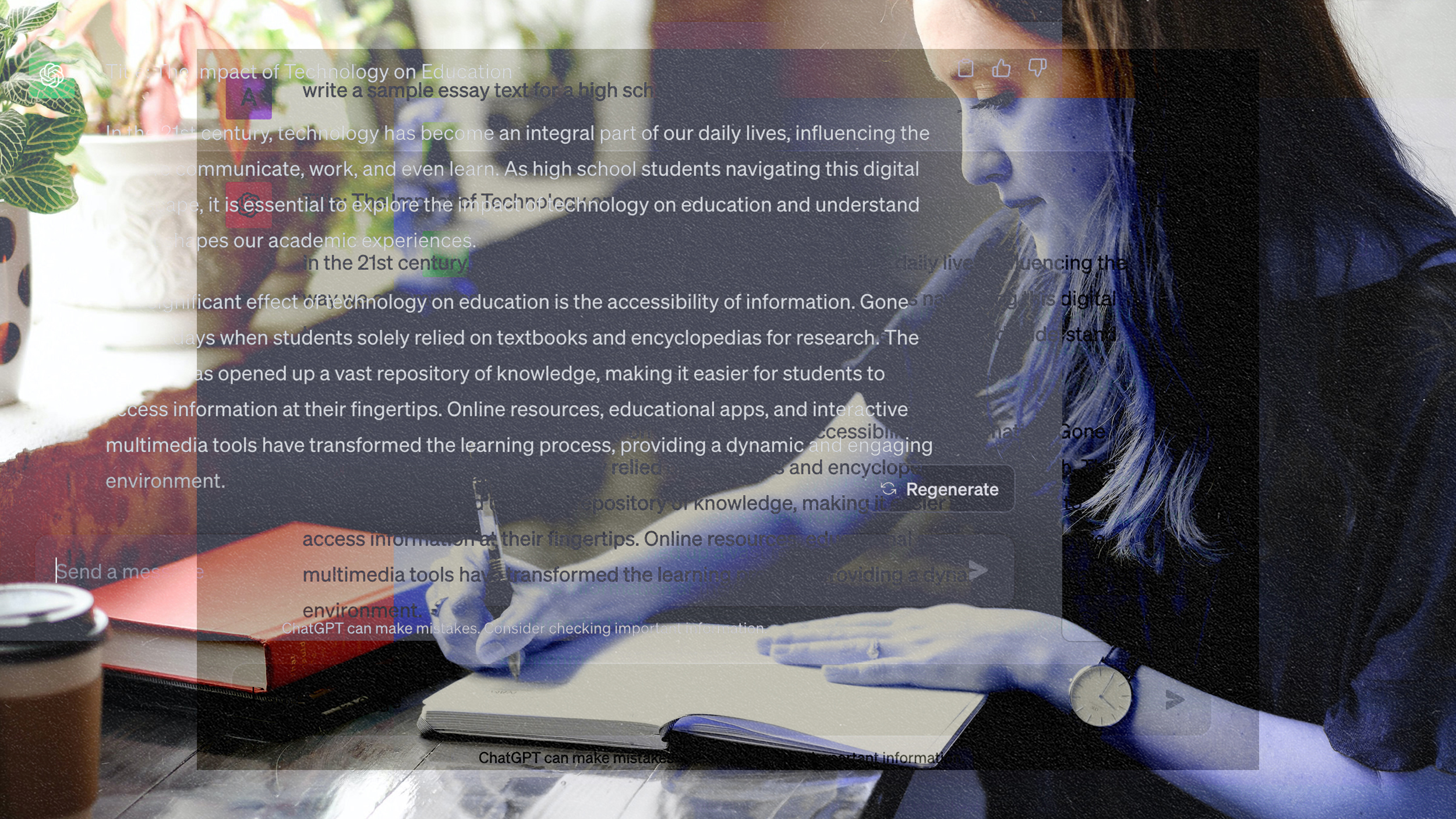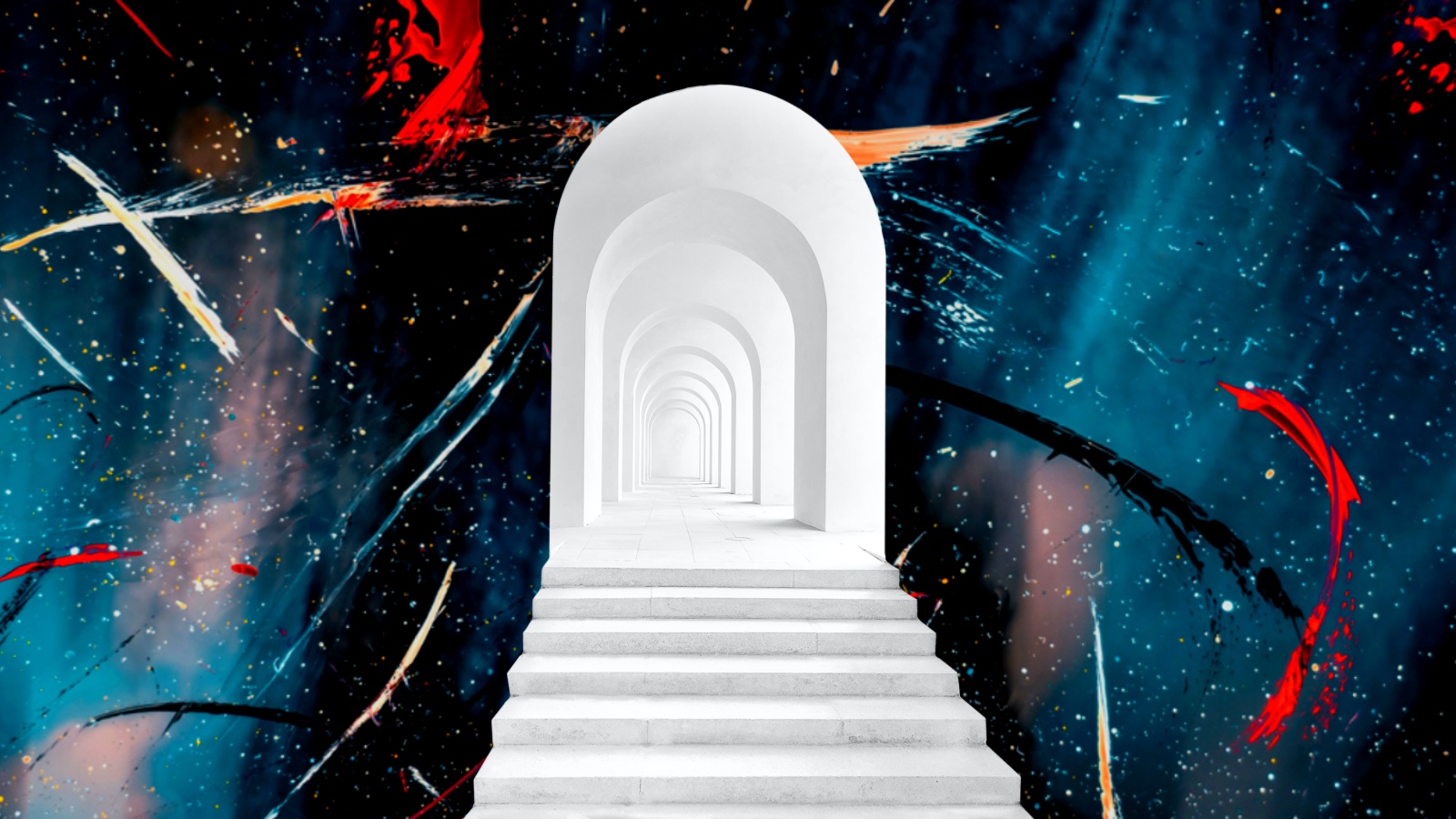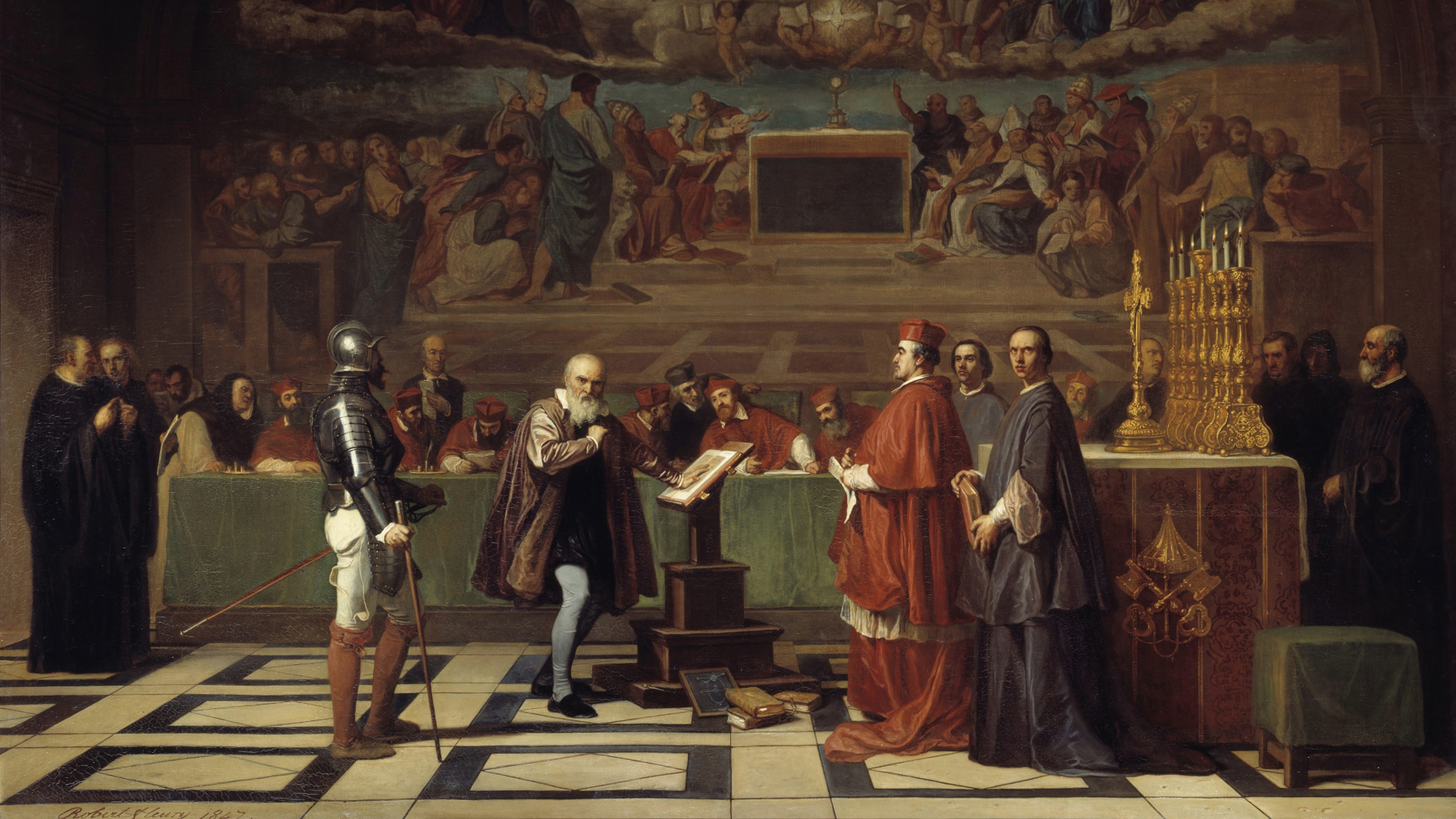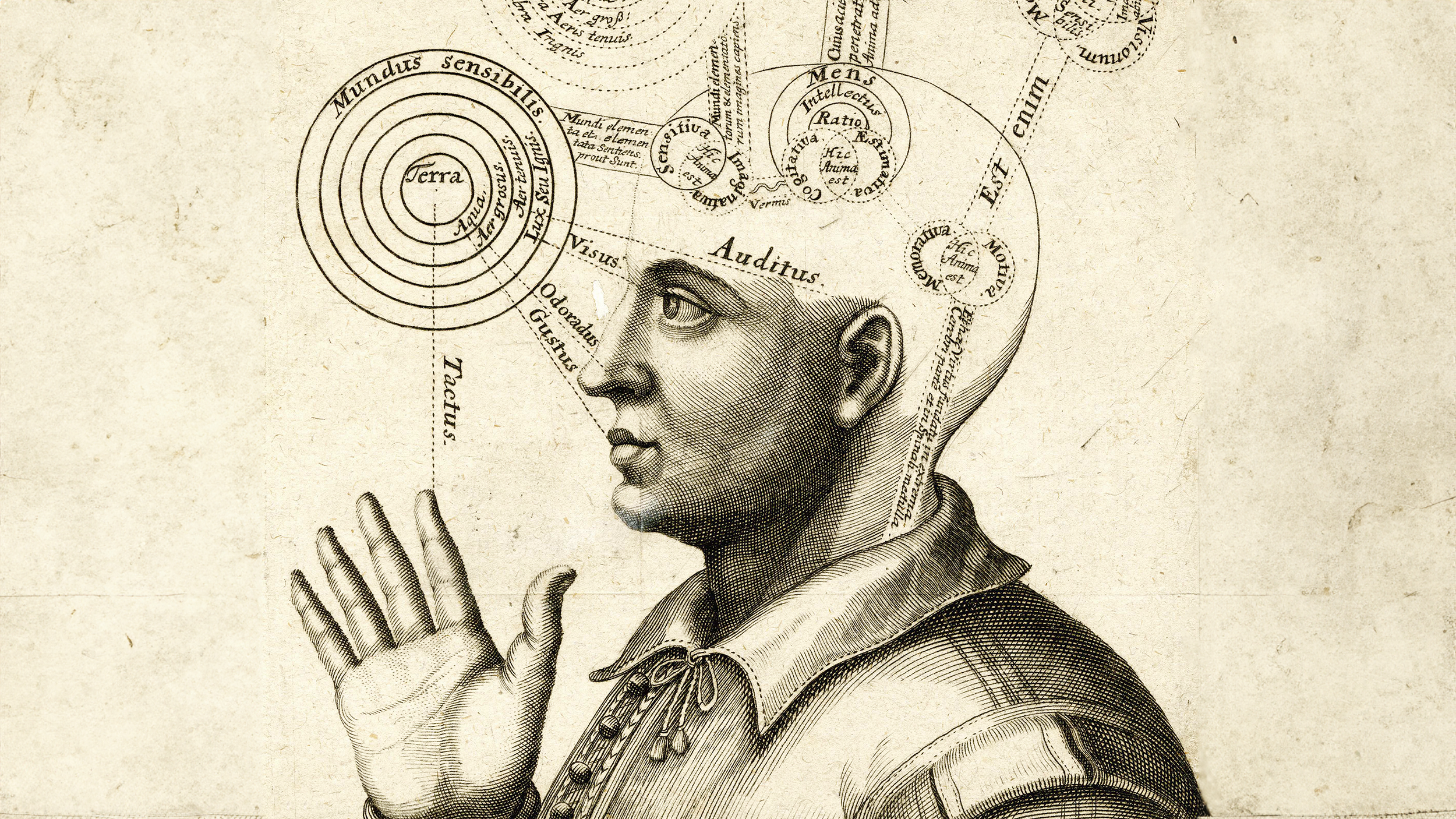Thinking
Nullam in gravida lorem. Lorem ipsum dolor sit amet, consectetur adipiscing elit. Cras non nisl et felis malesuada sollicitudin.
Or are cults the religions we find distasteful?
Philosophy isn’t stuck in the past. Here are five texts to connect you with its ongoing dialogue.
A simple dice game shines a bit of light on the psychology of regret.
Here’s how belief in a higher power can act like a psychological safety net.
Cognitive psychologist and poet Keith Holyoak explores whether artificial intelligence could ever achieve poetic authenticity.
Adrie Kusserow, an anthropologist and scholar of Buddhism, shares how her study of the religion and its history has reshaped her view of the world — and herself.
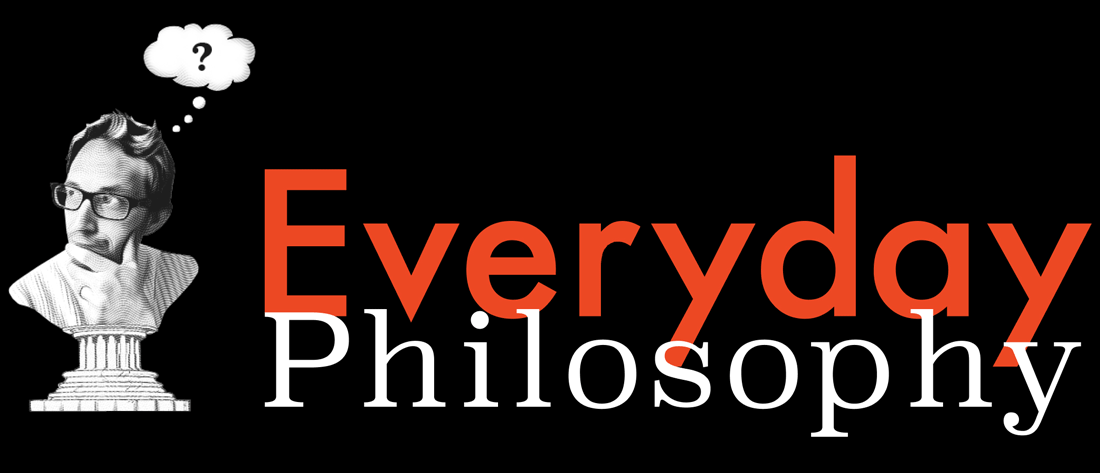
College students once stood out from the pack on IQ tests. Today, they’re about average.
Steven Ross Pomeroy is the editor of RealClearScience. As a writer, Ross believes that his greatest assets are his insatiable curiosity and his ceaseless love for learning. Follow him on[…]
A volley of new insights reignites the debate over whether our choices are ever truly our own.
While Taoism can be paradoxical and abstract, it also offers daily life lessons.
Scotty Hendricks is a graduate student and long-time contributor to Big Think. He resides in Chicago.
More stories
In pre-War Cambridge, students had to ace an interview with Ludwig Wittgenstein to attend his lectures — Alan Turing passed that test, and went on to create one of his own.
A controversial new philosophy paper tries to bring our moral prejudices to heel. Should it?
Lockdowns moved the burden of COVID from the at-risk elderly to the less-at-risk young. Does this sacrifice merit compensation?
In hospice care and hospitals, we prioritize those with more life to live over those who are terminally ill. What is that, if not prejudice?
Once students master the basics of math, they are allowed to use calculators. The same should be true of writing and ChatGPT.
Your BS detector might not be as accurate as you think.
“To take this in, you need to ride inside the mathematical symbols.”
Science and philosophy seem to be separate fields, but philosophical advancements have made the world more accepting of debate and unorthodox ideas.
Neural imaging has shown that the brain has “decided” what we’re going to do before we make a conscious choice — but is this even relevant to free will?

